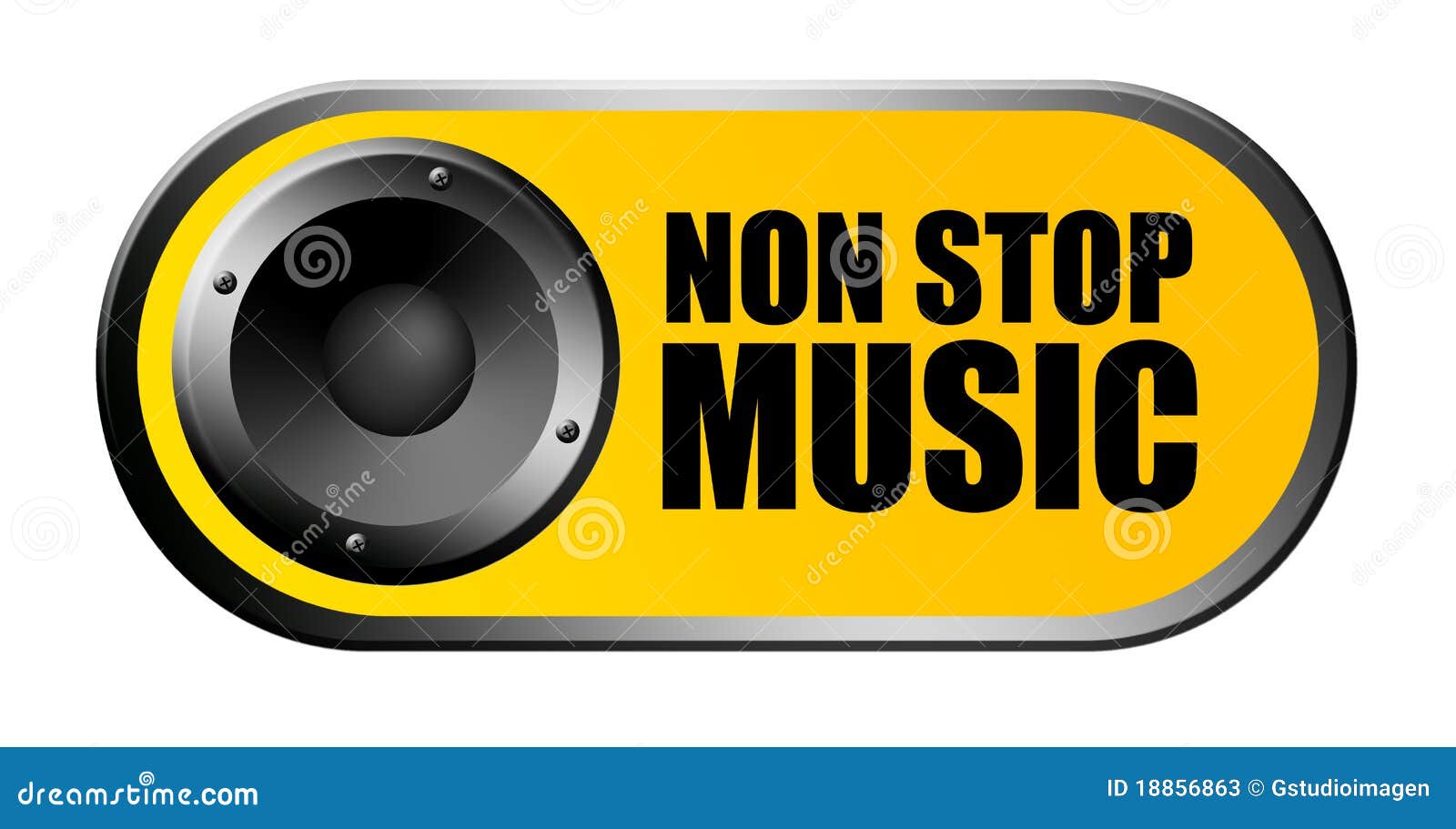Nonstop Or Non Stop Or Non Stop

Exploring the Variations: Nonstop, Non-Stop, or Non Stop

When it comes to the English language, variations in spelling can cause quite a bit of confusion. Such is the case with the phrases “nonstop,” “non-stop,” and “non stop.” Each variant is used in different contexts and regions, and understanding their usage can enhance your writing, especially if you’re targeting a specific audience. Let’s dive into the nuances of these spellings, to ensure you’re using them correctly and optimizing your content for SEO purposes.
Understanding the Term ‘Nonstop’
Before we explore the different spellings, it’s crucial to grasp the meaning of the word ‘nonstop’.
Nonstop Defined:
The term ‘nonstop’ refers to an action that is continuous, without any interruptions or pauses. This can apply to various scenarios, from travel to music, and even to work schedules. Regardless of the spelling, the core meaning remains the same.
Nonstop Versus Non-Stop Versus Non Stop

The Preferred Spelling Across Regions
Nonstop in American English:
– Most common spelling
– Used in formal and informal writing
– Appears in major dictionaries and publications
Non-Stop in British English:
– Favored hyphenated form
– Often seen in UK-based writings and media
– Follows the traditional style of hyphenation for compound modifiers

Non Stop as an Uncommon Variant:
– Generally considered incorrect
– May appear in casual, informal communication or as a typographical error
– Less prevalent in professional or published content
When to Use Each Variation
While “nonstop” is widely accepted in American English, you might opt for “non-stop” if you’re writing for a British audience to align with their standard practices. However, it’s uncommon to use “non stop” as it doesn’t conform to the generally accepted spelling in either American or British English.
SEO Considerations for Using “Nonstop” and Variations

To ensure that your content is easily discoverable by users and search engines, it’s important to use the keyword organically throughout your writing. Including variations can help capture different search queries.
Keyword-Rich Headings
- Nonstop Action: The Thrill of Continuous Entertainment
- Maximizing Productivity with Non-Stop Work
- The Convenience of Nonstop Flights: Travel Made Simple

Using Your Keyword Throughout the Content
Incorporate the keyword naturally into your content. For example, when discussing travel, mention how “nonstop flights are the most efficient option for business travelers.” In the context of entertainment, you might write about “non-stop action movies that keep you on the edge of your seat.”
Lists and Tables for Clarity
Pros and Cons of Nonstop Flights
Pros:
– Quicker travel time
– No layovers
– Reduced stress
Where To Find Activated Charcoal In Walmart Grocery Stores
Cons:
– Potentially higher costs
– Limited availability
– Less flexibility
Non-Stop Entertainment Options
- Movies
- Music
- Live performances
Utilizing lists and tables not only helps with readability but also reinforces keyword use for SEO benefits.
In Conclusion: Consistency is Key
Whether you choose “nonstop” or “non-stop,” consistency is essential. Stick with one spelling throughout your article to maintain professionalism and avoid confusion. Remember, “non stop” is largely regarded as incorrect and should be avoided in professional or published writing.
By paying attention to these details, you can target your content more effectively, cater to your desired audience, and optimize for search engines.






